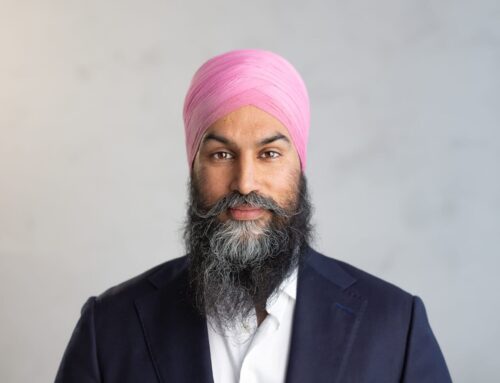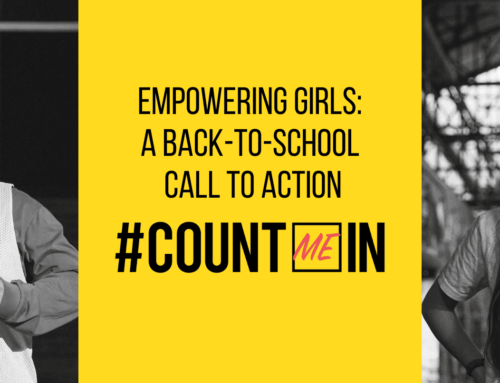At 11 years old, a Black girl new to the country from Jamaica, I was subject to streaming in my elementary school. Despite my strong academic performance in the past, I was moved into an extremely basic form of education in Canada. I was lucky that my family could advocate for me and a teacher intervened so I could rejoin the regular educational stream.
Years later, I experienced deja vu when my son’s French teacher told me he couldn’t keep up in her class and didn’t belong there. I suggested she raise her expectations and work to build his success. He’s since gone on to become a teacher himself. French is one of his core subjects.
In one sense, I’m glad to hear about Ontario’s decision to end streaming in Grade 9 and address other discriminatory practices in schools. But it is simply not enough to turn the ever-rolling tide of systemic racism in the school system that has been decades in the making.
How will the province transition out of the ingrained practice of streaming in a way that doesn’t leave marginalized students at the mercy of a system not designed for their success? Given the destructive impact of streaming on Black and Indigenous students and students from low-income communities, what effort will be made to work hand-in-hand with communities to make the transition out of streaming actually work?
Will the way we educate students change to eliminate bias and support a wider range of learning styles? Will there be an investment into anti-racist curricula? Will class size limits figure into it so that all students of all abilities can receive the attention they deserve? Will identity-based data collection be introduced to track successes and failures of the educational system for all students—including Black girls, 2SLGBTQI+ students, students with disabilities, and more—all with the goal of systemic performance improvement?
Streaming alone is not the issue. Neither are penalties for individual educators or an end to suspension of students between kindergarten and grade three. These discriminatory practices that disproportionately impact Black and Indigenous students are part of a broken colonial educational legacy. Not just in Ontario, but in regions all over Canada.
If governments don’t invest in truly transformative academic reform, Canada’s school systems will continue to hold students back from reaching their full potential.
My mind turns to Black girls, in particular. We don’t do enough to cherish and nurture their brilliance. They “contend with the ‘sexual stereotypes and perceptions of low educational aspirations and achievements’ forced onto them,” says Black Women in Canada, a report from the Canadian Centre for Policy Alternatives. “Education reform—based on research and evidence that centers and amplifies the experiences, voices and perspectives of Black girl-children and youth and employs an intersecting, anti-racist, anti-oppressive lens—is critical.”
I also think about the fact that schools are one factor in our society’s educational project for developing minds. Diverse families and communities are starving for broader investments so they can lift the potential of their young ones. For instance, the grassroots programs funded by the Canadian Women’s Foundation have proven essential for girls to excel in school. These programs build confidence, strengthen girls’ sense of cultural identity, and give them valuable mentorship opportunities. 75 per cent of girls who go through these programs feel more resilient; ninety-three per cent continue to feel empowered years later. Almost half say the programs boosted their school engagement.
Racist practices in schools must end, but we can’t see the ultimate solution as a matter of minor adjustments. Nor can we leave it to pressed and stressed families to have to advocate for their children and youth in a deeply discriminatory system that their tax dollars are paying for.
Leaving things as they are, tweaking here and there, is a terrible set up for everyone. There are those who sit smugly in tweaks and are quick to blame students, families, and communities for the system’s continued failures. We just can’t accept this pattern anymore.
Stop streaming as we know it, yes. But the real problems and effective solutions to racism in our country’s school systems run so much deeper.
Learn more:







